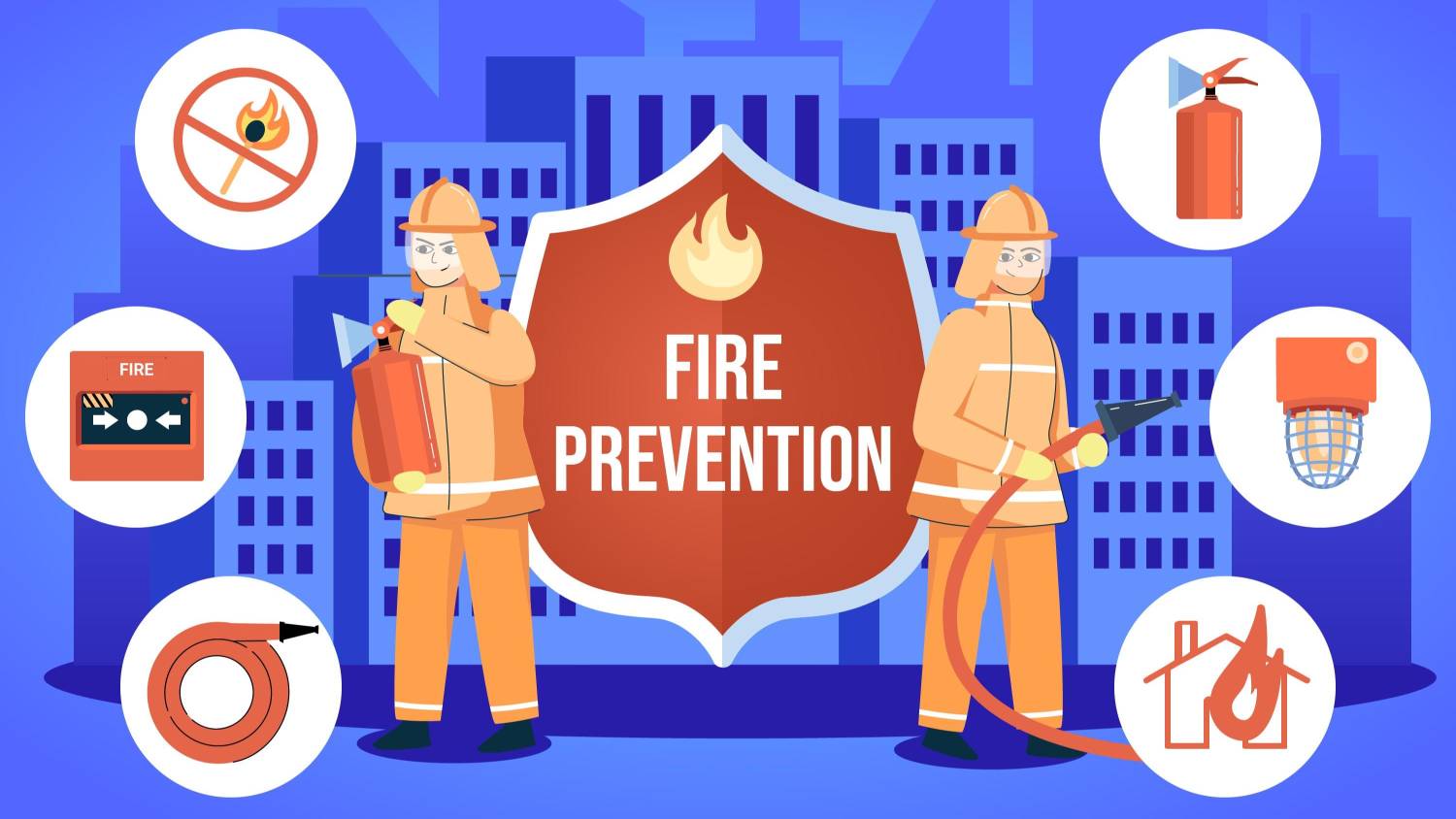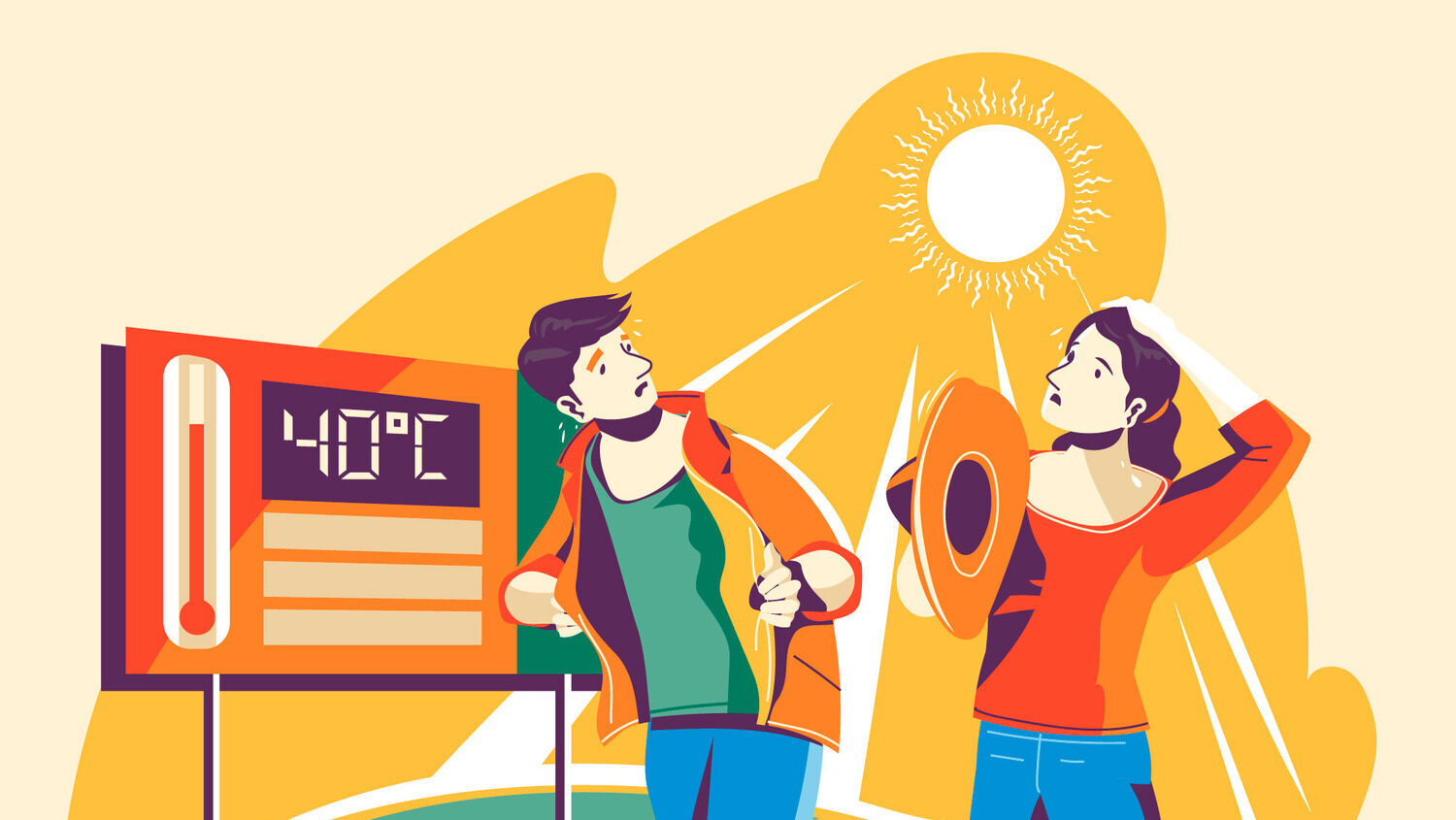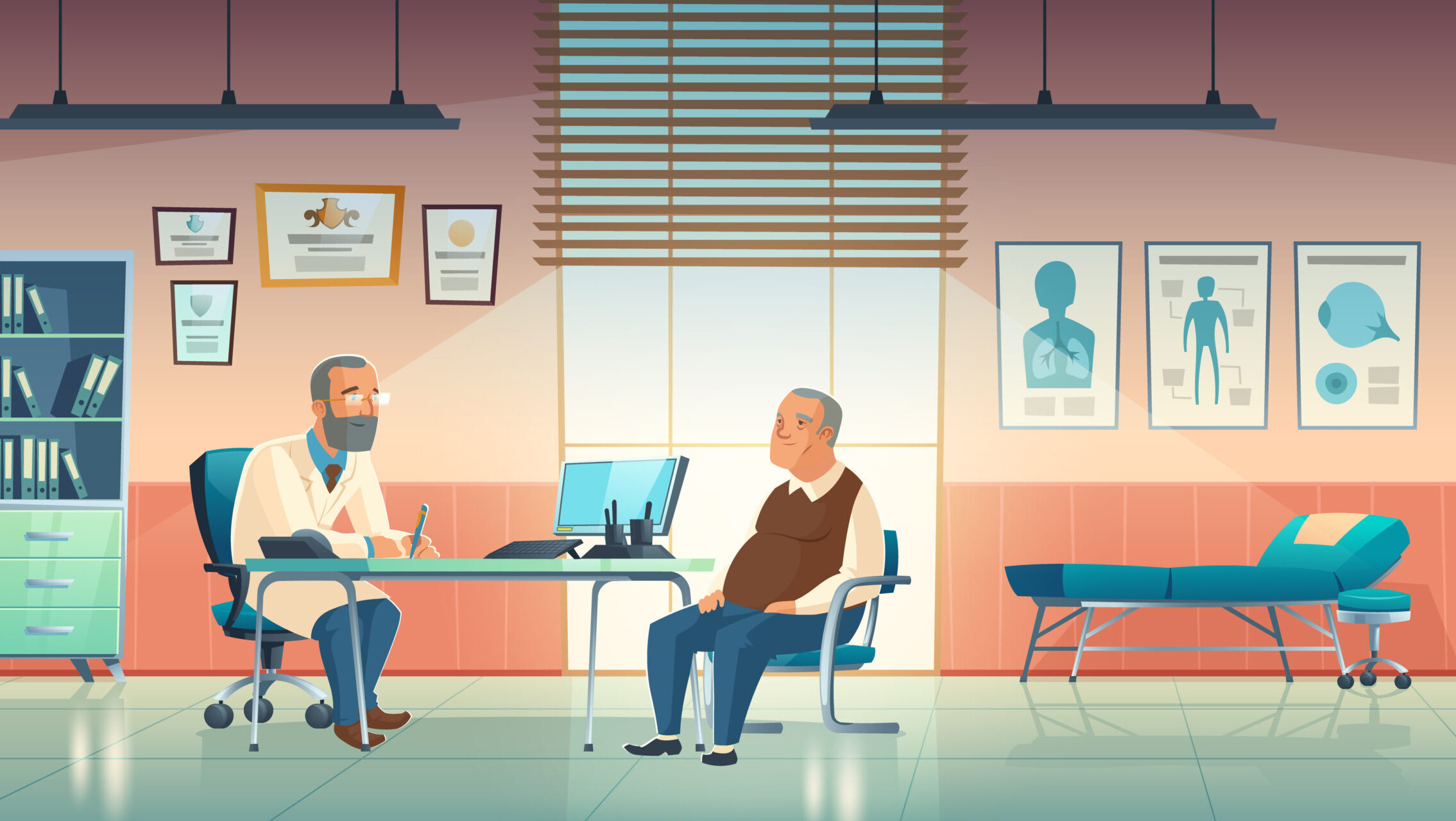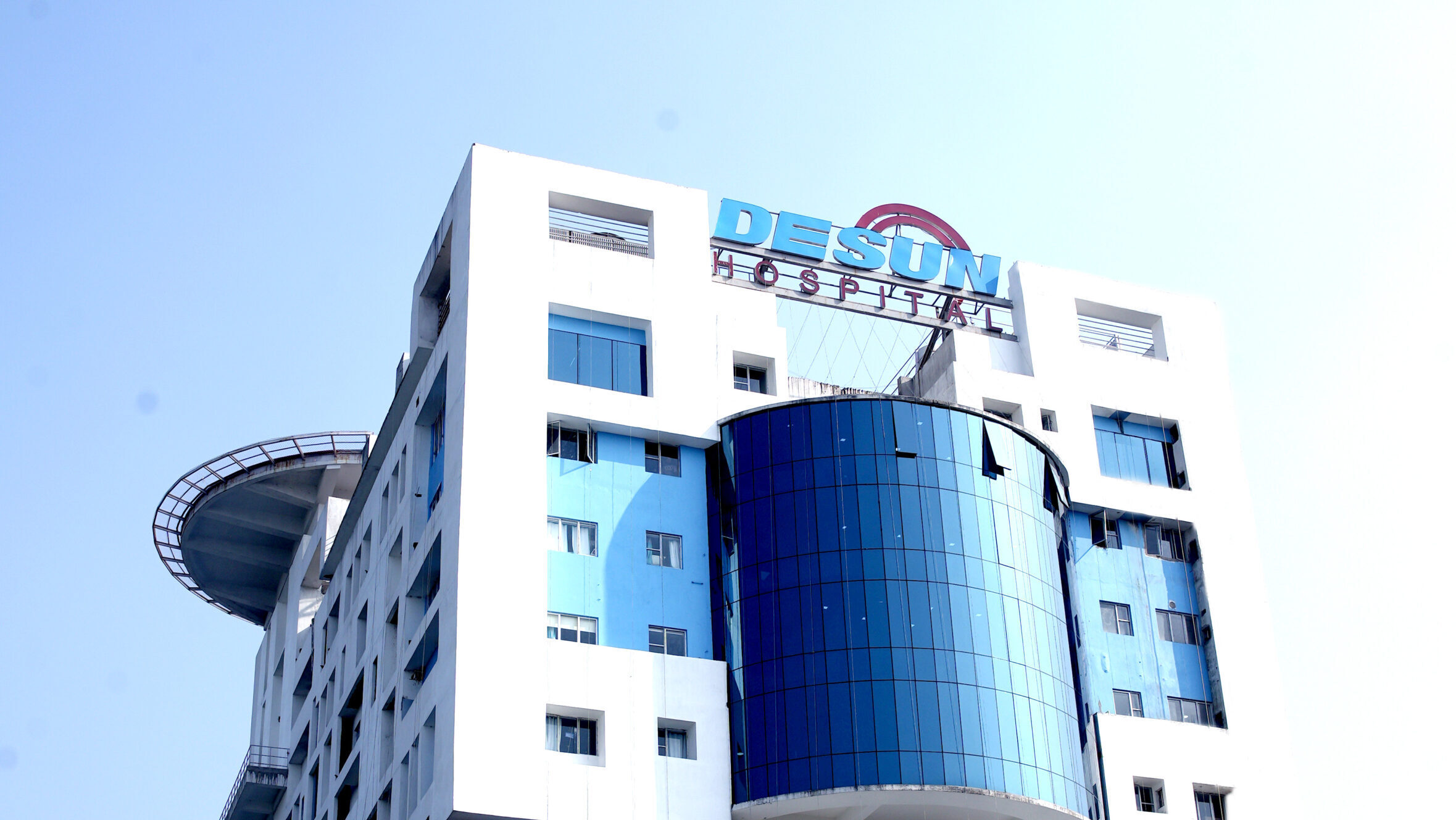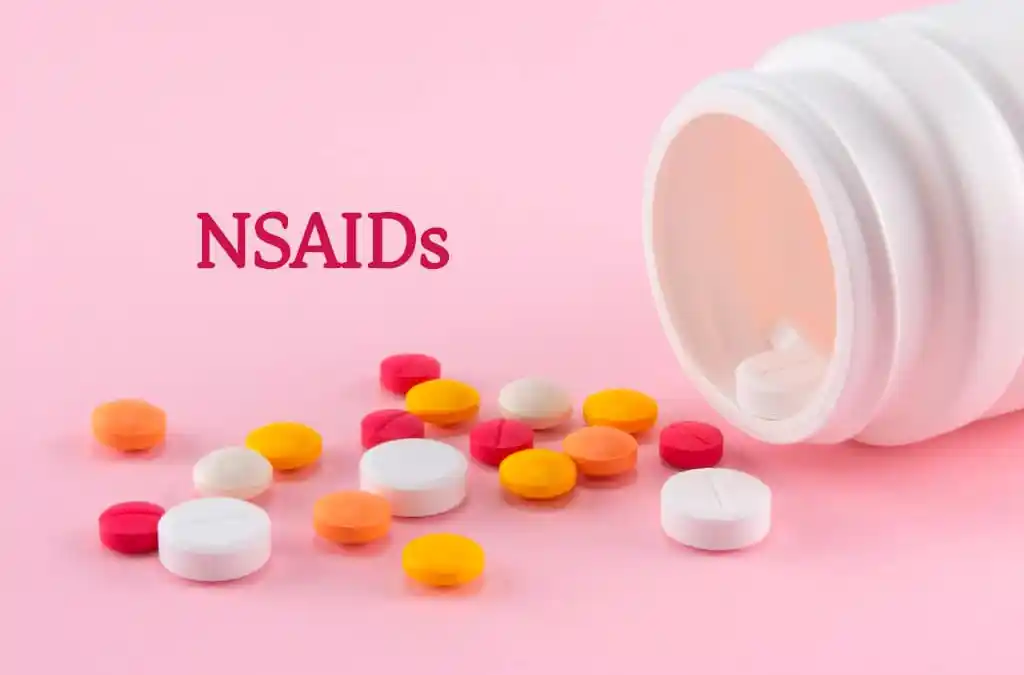
It’s scary but true that India has emerged as hub of heart diseases since few years which is going to take the shape of epidemic in near future. By the year 2020 heart diseases will be the cause of 1/3rd of total deaths in India. In a recent survey it is found that heart diseases in India occurs 10-15 years earlier than in the west. Thanks to our unhealthy lifestyle, increasing stress and lack of physical activity.But above all, an important cause of heart disease in India is wrong use of blood thinners or better known as Non-Steroidal Anti-Inflammatory drugs or NSAIDs
NSAIDs or blood thinners are the most commonly prescribed medicines in case of heart ailments regarding blocked arteries or those who have a history of arterial stroke. They make the blood thinner than its usual form so that it can flow freely through the arteries. However, when it is used regularly in case of any chest pain without proper diagnosis it may lead to prolonged illness.
Any medicine if not taken under proper medical advice may be harmful. In case of anticoagulants the risk is far more as it’s concerned with blood that flows throughout our body. Whenever there is a slight chest pain or exhaustion if we take blood thinners as painkillers, it will just be a relief not a solution. Blood thinners cannot stop heart attacks but delays it making it more risky to handle later.
What are blood thinners? What is their function?
The liquid ‘blood’ is a mixture of proteins, nutrients, enzymes, hormones wastes and gases which makes it thick. The medicines that make the blood thinner than usual so that it can flow freely through arteries and veins are collectively called ‘blood thinners’. They are usually of 2 types’anticoagulants and anti-platelet drugs, like ‘Aspirin’ or ‘Clopidogrel’. These medicines reduces the risk of heart attack and stroke.
When are blood thinners prescribed?
Blood Thinners or NSAIDs are prescribed to those who has a history of arterial stroke, in case of heart diseases or blood vessel illness like:
- An abnormal heart rhythm called atrial fibrillation
- Heart valve surgery
- Congenital heart defects
Our heart gets the much needed oxygen-rich blood through arteries.Heart attack occurs due to the death of heart muscle resulting from lack of blood supply.
When these arteries get clogged due to plaque or fats, (blockages) blood cannot flow freely through them to reach the heart, chest pain occurs with exhaustion. Blood thinning drugs make the blood thin so that they can pass freely through the clogged arteries. Taking it as a pain killer will kill the pain for the time being but will not repair the clogged arteries. If the blood fails to reach the heart because of the block then the heart muscle will die causing heart attack.
When does the blood thinners harm us?
Blood thinning drugs makes the blood thin but does not cure the clogged arteries for which heart attack occurs. So it can be said, blood thinners are temporary relief but not a permanent solution. It cannot stop heart attack because blood thinners cannot cure the clogged arteries for which angioplasty is the solution. In case of major block a heart bypass is needed.
Along with the usage of blood thinners one needs to maintain a healthy lifestyle so that arteries do not get clogged further. If we fail to do so, the risk increases as because the arteries get more clogged with plague. As one point of time thinning of blood will not help resulting a heart attack.
What are the side effects of blood thinning medicines?
Using blood thinners as a painkiller aggravates problems. By regular use one can be vulnerable to hemorrhages or excessive bleeding as the blood will take time to clot. Blood clotting is a lifesaving factor in case of cuts or bruises. In this case blood loss will be faster which may be fatal for the victim.
Other side effects of using these drugs are
- Passing of blood in the urine
- Passing of blood in the faeces
- Passing of blood while vomiting
- Intestinal bleeding
- Chest pain or breathlessness
- Passing of blood while coughing
- Dizziness with severe headache
- Muscle weakness
- Hair loss
- Rashes
- In women , heavy blood flow during menstruation
What can be done with it?
Stop taking blood thinners as pain killers. If there is chest pain or exhaustion go for a health checkup. Chest pain may be due to various reasons; heart ailment, indigestion and many others. Just gulping down pills without knowing the actual reason will never help. But right solution in right time with right step always helps.To nip the problem from the bud don’t gulp down the pills, but get a cardiac checkup and if advised by the doctor go for an angiogram.
Angiogram or CAG is an x-ray image of the arteries to find out if there are any blockages in heart. If any blockage is found proper treatment can be done to get rid of the problem.
Don’t have time to go for a checkup?
One of the important reasons of heart disease as discussed earlier is the increasing amount of stress and workload so much so, that there is no time to get a checkup done when needed. Moreover if an angiogram is prescribed there is no time to go for it.
Desun Hospital at EM Bypass does painless angiogram through radial route and within 6 hours patient is discharged with reports and CD. So long hospital stay is not required at all.
Points to remember:
- NSAIDs or blood thinning medicines are not painkillers.
- Blood thinnersshould be used under instructions of an expert.
- Blood Thinnersare just a temporary relief not a solution in case of ill heart.
- Sooner or later surgical intervention will be required in case of clogged arteries. Delaying the problem with pills will prove risky.
- Consumption of blood thinnersas pain killers can have grave effects later.
- Stop taking blood thinners and get an angiogram done for your safety.
The information shared in the blog is on the basis of internal survey of patient history, done at DESUN over the period of time. It has been found that majority of the patients admitted at DESUN for treatment of heart attack, regularly consumed anticoagulants without expert’s advice.



